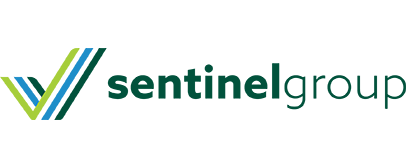It’s that time of year again when the prognosticators come out and tell us what our future is going to look like—which new products and services employers are going to buy to set their firm and their employees up for success with their employee benefits. This year, rather than focusing on the latest and greatest trends, employers should shift their attention to their employees’ actual needs.
On the health care side, from FSA to HRA to HSA to HDHP to SBC to PPO versus HMO, copays, coinsurance, deductibles and maximum out of pocket (the famous MOOP), your employees are understandably overwhelmed. Additionally, studies continue to show that the vast majority of your employees are quite possibly financially illiterate. So rather than spend time thinking about the “next great thing”, employers should simply try to ensure their employees are prepared to manage the array of benefits already offered to them.
Over the years, Health (insurance plans) and Wealth (retirement plans) have become inextricably linked and now have large degrees of overlap. Several studies show employees who are diligently saving for retirement, tend to live healthier lifestyles—likely because they want to get to retirement and enjoy the fruits of their labor. Instead of focusing solely on a wellness plan within your health coverage, extend the thinking to financial wellness—encompassing all of your benefit plans.
Financial stress is impacting employee productivity, and when they need help, participants are looking to trusted institutions, including their employer. The message is clear—people need help managing their competing financial obligations. This is an entirely new paradigm that builds a support structure around the employee.
Financial wellness can reduce your bottom line costs while also improving your employees' financial situations. Partner with vendors who have the ability to speak to both their health and wealth concerns and who are willing to work directly with plan participants in both online and in-person capacities. Teach your employees how and why the HSA can be a powerful savings vehicle, tout the benefits of a Roth 401(k) contribution, help them understand why they may not need the PPO plan, and help them with the puzzle we as plan sponsors have created. Doing this will help you better engage your work force and derive a greater sense of value.
We understand this isn't an easy conversation to have, nor an easy change to make, but we're here to help. Feel free to contact us with any questions!
